Hundreds of patients 'wake up' during surgery
The rare phenomenon which leaves patients feeling 'buried alive' could cause long-term psychological problems
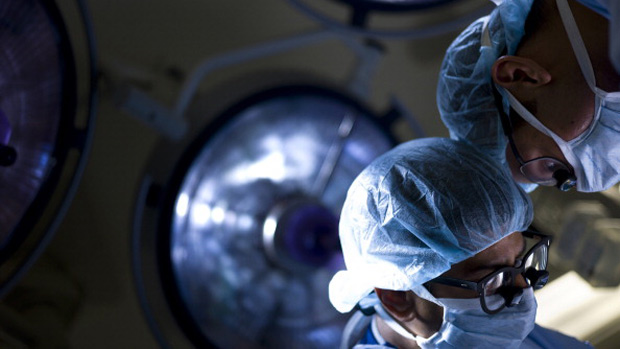
A free daily email with the biggest news stories of the day – and the best features from TheWeek.com
You are now subscribed
Your newsletter sign-up was successful
Hundreds of patients in the UK reported "waking up" during surgery and said they could feel pain and hear conversations, but could neither move nor communicate with doctors, a new report has revealed.
The investigation, run by the country's leading anaesthetists, involved analysing over three million operations and found that "accidental awareness" happens in one in every 19,000 cases.
However, the experience is short-lived and generally occurs at the beginning or the end of surgery. One of the project leaders Professor Jaideep Pandit told the Daily Telegraph that in "the majority of cases the awareness only lasted a matter of seconds".
The Week
Escape your echo chamber. Get the facts behind the news, plus analysis from multiple perspectives.

Sign up for The Week's Free Newsletters
From our morning news briefing to a weekly Good News Newsletter, get the best of The Week delivered directly to your inbox.
From our morning news briefing to a weekly Good News Newsletter, get the best of The Week delivered directly to your inbox.
Patients experienced feelings of dissociation, panic, fear and suffocation. "Some said they feared they had been entombed, buried alive or were dead," writes The Guardian's health editor Sarah Boseley.
Researchers found that the experience happened most often during Caesarean sections, heart and lung surgery as well as operations on patients who were obese.
Over 90 per cent of cases happened after patients had been administered an "inappropriate balance" of muscle-relaxant drugs and anaesthetics.
The report places the blame on drug administration errors, as well as organisational and individual mistakes. It found that eight out of ten cases could have been prevented.
A free daily email with the biggest news stories of the day – and the best features from TheWeek.com
The report also warned that patients who experience accidental awareness can suffer long-term psychological problems.
The report recommends implementing a 'checklist' procedure before surgeries as well as better approach to treating patients who have had this experience.
Prof Tim Cook, at the Royal United Hospital in Bath, who led the research, told the BBC that cases were rare but concerning. "For a small number of patients this can be a highly distressing experience," he said. "I hope this report will ensure anaesthetists pay even greater attention to preventing episodes of awareness."
-
 ‘Zero trimester’ influencers believe a healthy pregnancy is a choice
‘Zero trimester’ influencers believe a healthy pregnancy is a choiceThe Explainer Is prepping during the preconception period the answer for hopeful couples?
-
 AI surgical tools might be injuring patients
AI surgical tools might be injuring patientsUnder the Radar More than 1,300 AI-assisted medical devices have FDA approval
-
 9 products to jazz up your letters and cards
9 products to jazz up your letters and cardsThe Week Recommends Get the write stuff
-
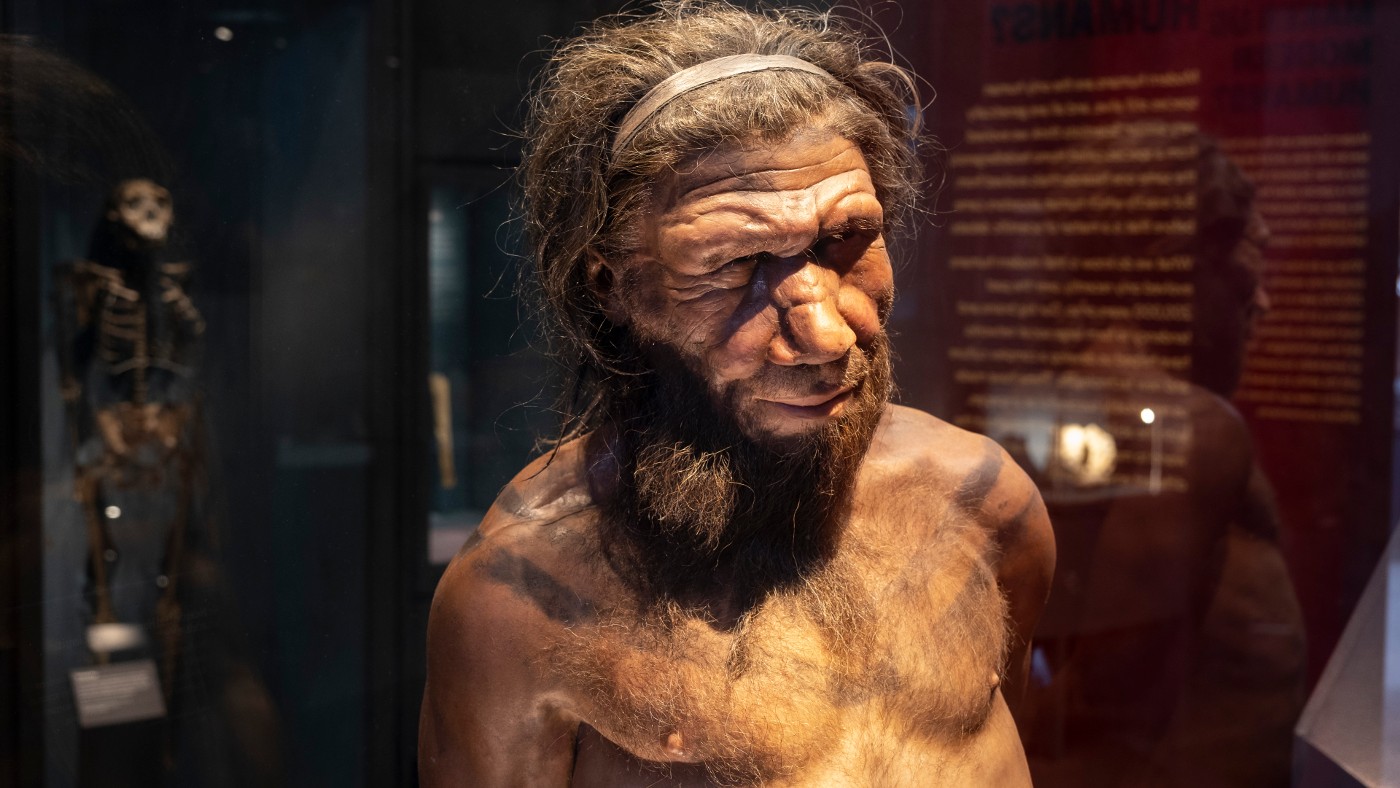 Neanderthal gene ‘caused up to a million Covid deaths’
Neanderthal gene ‘caused up to a million Covid deaths’Speed Read Genetic tweak found in one in six Britons means cells in the lungs are slower to launch defences
-
 Legalising assisted dying: a complex, fraught and ‘necessary’ debate
Legalising assisted dying: a complex, fraught and ‘necessary’ debateSpeed Read The Assisted Dying Bill – which would allow doctors to assist in the deaths of terminally ill patients – has relevance for ‘millions’
-
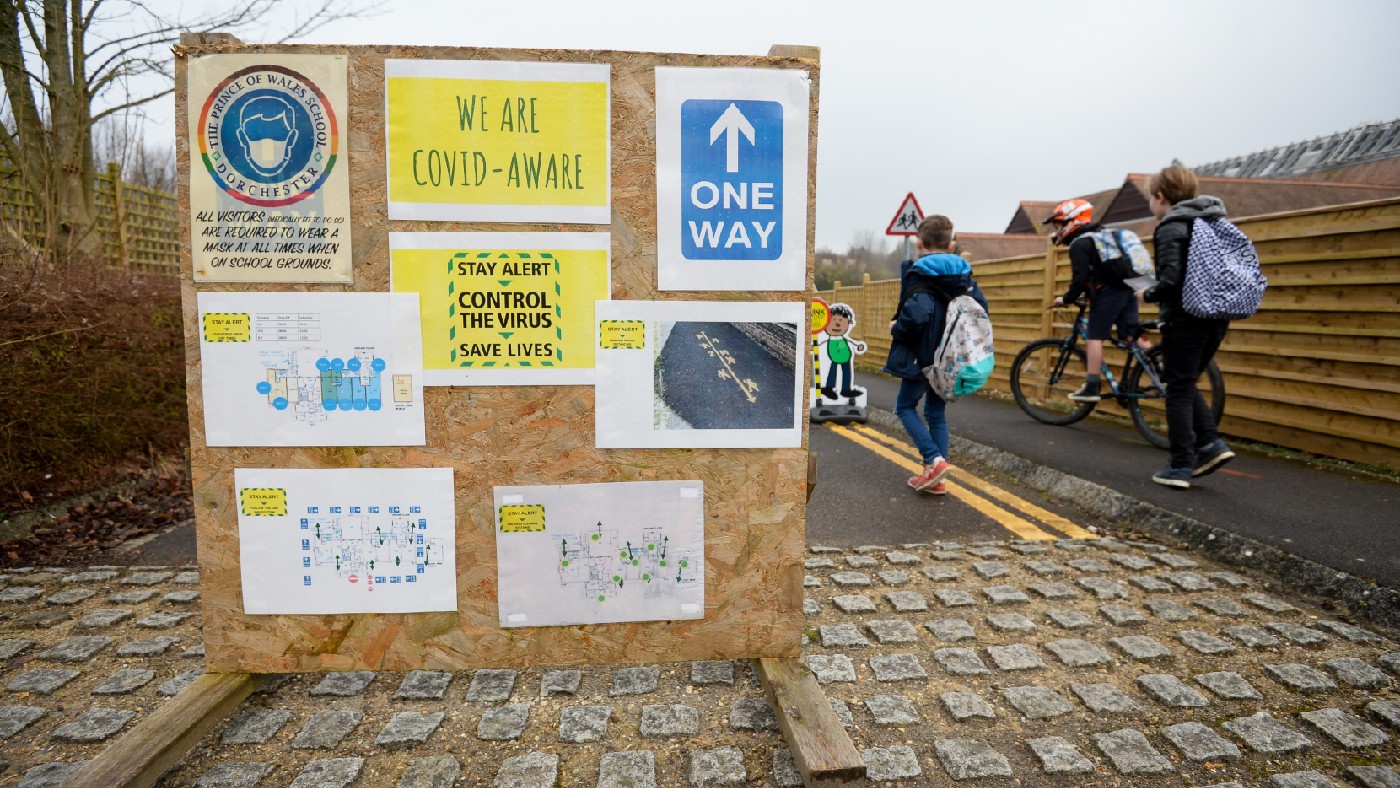 Vaccinating children: it’s decision time for the health secretary as kids return to school
Vaccinating children: it’s decision time for the health secretary as kids return to schoolSpeed Read Sajid Javid readying NHS England to roll out jab for children over 12, amid fears infections will rocket
-
 ‘Vaccination blunts, but does not defeat’: exploring Israel’s fourth Covid wave
‘Vaccination blunts, but does not defeat’: exploring Israel’s fourth Covid waveSpeed Read Two months ago, face masks were consigned to bins. Now the country is in a ‘unique moment of epidemiological doubt’
-
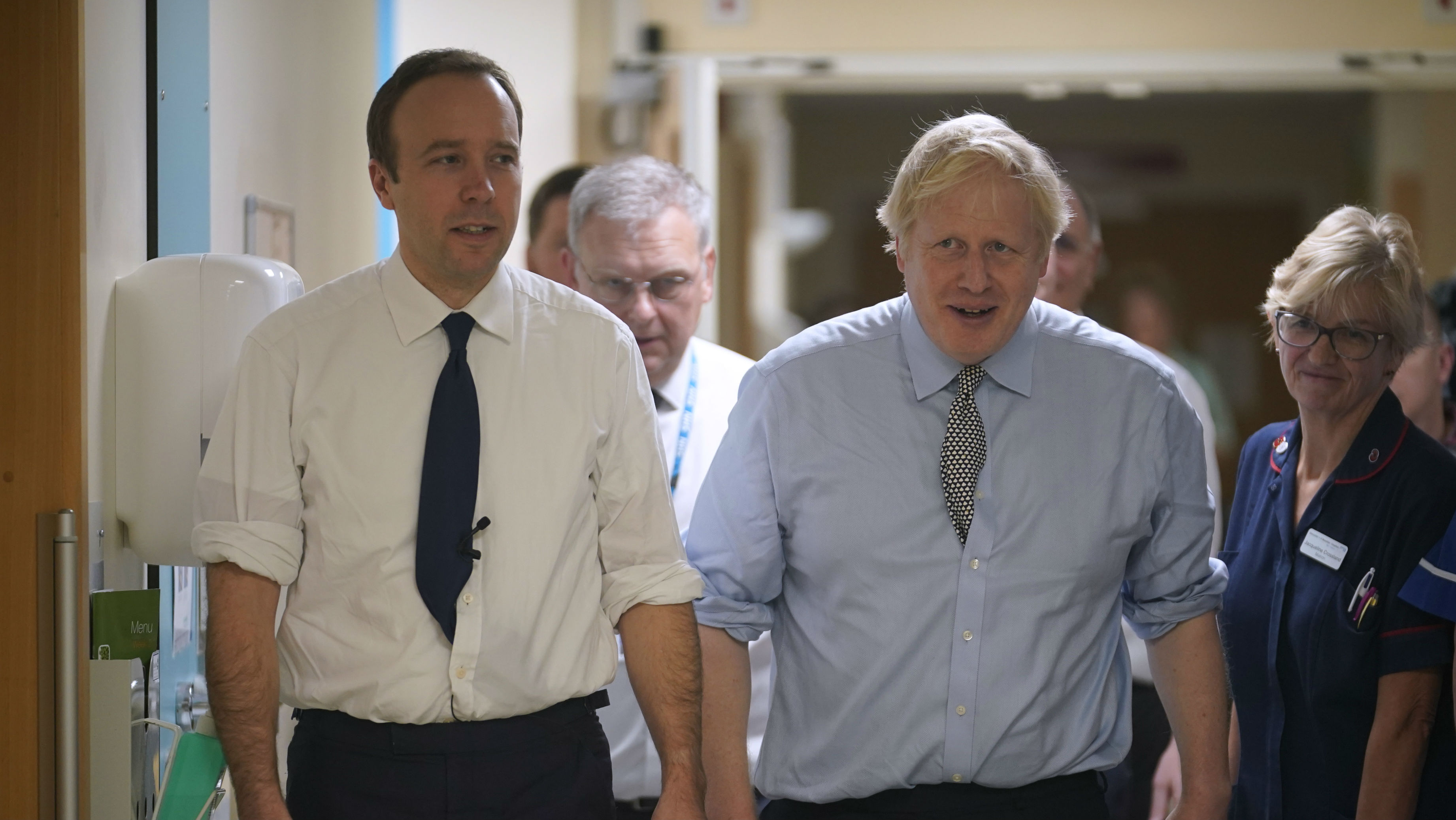 Thousands told to self-isolate in Covid app pinging error, claims Whitehall whistleblower
Thousands told to self-isolate in Covid app pinging error, claims Whitehall whistleblowerSpeed Read Source says Matt Hancock was privately told of the issue shortly before he resigned as health secretary
-
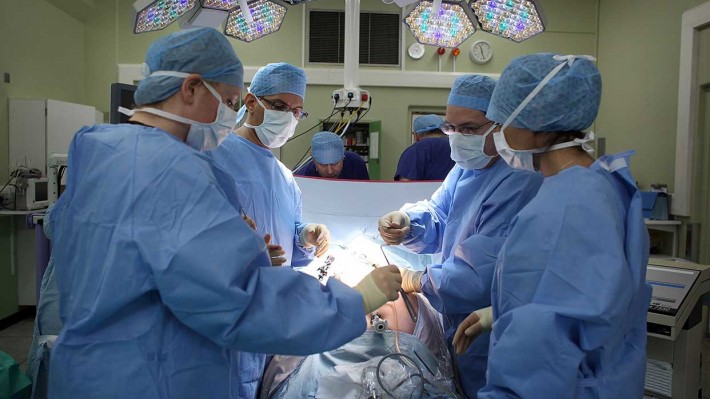 Record 5.45m people on NHS England waiting lists
Record 5.45m people on NHS England waiting listsSpeed Read Health chief warns that crisis is nearing ‘boiling point’ as backlog grows
-
 Covid testing: the ‘great new game of holiday roulette’
Covid testing: the ‘great new game of holiday roulette’Speed Read On one day last week, the price of a private PCR test ranged from £23.99 to £575
-
 San Marino is first European country to offer ‘vaccine vacation’
San Marino is first European country to offer ‘vaccine vacation’Speed Read Tiny landlocked nation to give Russian Sputnik vaccine to paying tourists